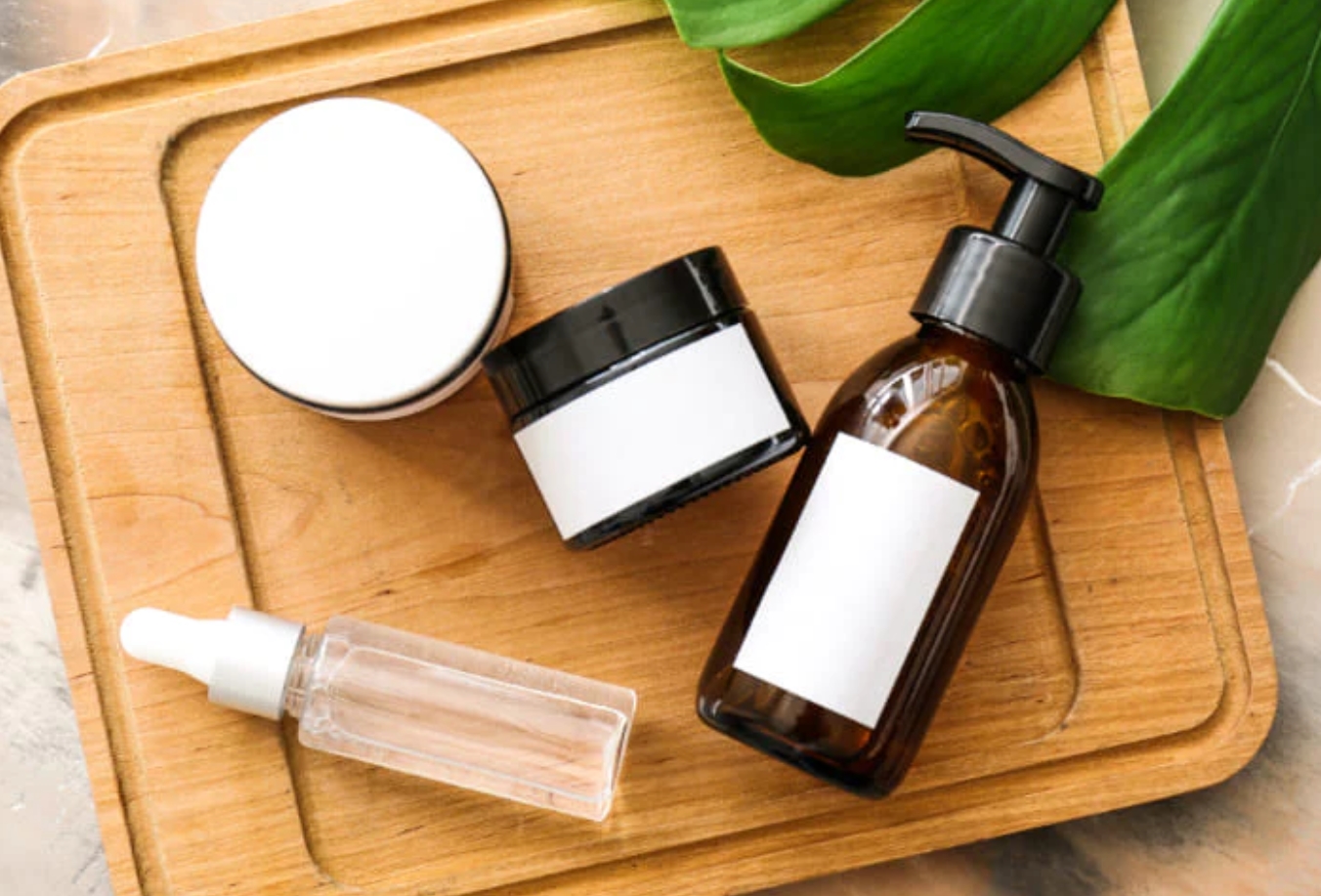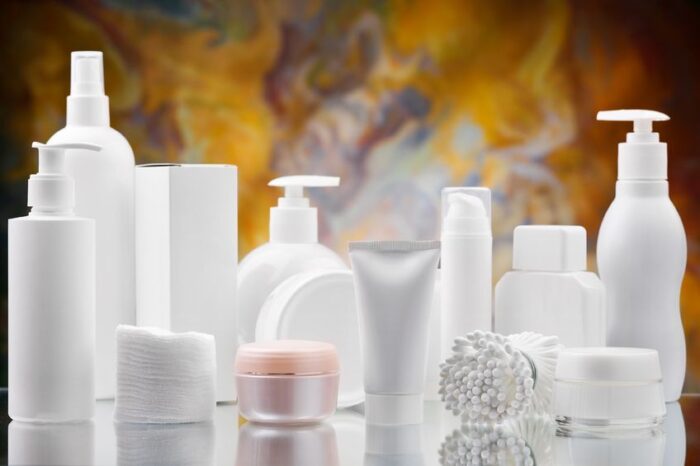
Private-label skin care products are becoming increasingly popular, but do you know what it takes to make and sell them legally? By the end of this post, you will have a better understanding of the legalities of private-label skin care and how to stay compliant.
What Is Private Label Skin Care?
Private-label skin care is a growing industry that has a lot to offer consumers. Whether you’re looking for lower costs, more control over your products, or a unique experience, private-label skin care has something for you. Here are some of the benefits:
– Private-label skin care can be cheaper than retail brands.
– Custom skin care formulation is often more controlled and stable than retail brands.
– Private label manufacturers must adhere to certain regulatory guidelines, but this doesn’t mean that they’re limited in what they can do.
– Private label brands often have more customer loyalty because they trust the brand and know that the product is high quality.
– It’s important to research prospective manufacturers before choosing one. Make sure to ask questions about their ingredients, manufacturing process, and customer service policies.
– Once you’ve chosen a manufacturer, it’s important to launch your product properly and marketing it effectively so that consumers know about it. There are several strategies for doing this, including social media marketing and advertising campaigns.

Identifying The Benefits And Potential Risks Of Private Label Skin Care Products
There are a number of benefits to using private-label skin care products.
First and foremost, these products can be more affordable than those offered by traditional cosmetic brands. Additionally, they offer a greater level of customization and flexibility when it comes to ingredients and dosage. This can be beneficial for people who have sensitive skin or who want to personalize their treatment regimen.
However, they also come with a number of risks. For example, they may not be safe for use on sensitive areas or during pregnancy. Additionally, they may not meet safety or labeling requirements set by the government or by the manufacturer. In some cases, this could result in legal action being taken against the producer.
It is important for users to read labels and research brands before using any product. This way, they can identify which products are safe and which should be avoided altogether based on their specific needs and concerns.

Legal Requirements For Making And Selling Private Label Products
Starting your own private-label skin care line can be a great way to make money, but there are some important legal considerations that you should make before starting. By understanding these considerations, you can ensure that your customers are protected and that you don’t run into any trouble down the road.
When it comes to private label products, there are a few key types of regulations in place to help protect consumers. For example, federal law requires manufacturers of cosmetics to disclose all ingredients in their products. This information must be provided on the product’s labeling and on any promotional materials (such as advertisements). State laws may also have similar requirements, so it’s important to check with your state’s department of health before starting your business.
Owning a private-label skin care company can be an exciting opportunity – but it also comes with some responsibilities. As the owner of the business, you are responsible for all aspects of its operation, from selecting vendors to developing and testing products to ensuring they are properly labeled and marketed. You also need to be aware of intellectual property rights when making these products, as well as FDA labeling and advertising guidelines. Finally, make sure you understand product liability and safety regulations before launching your business.
Once you’ve made all the preparations necessary for starting your own skin care line, it’s time to get started! The best way to do this is by consulting with an experienced lawyer who can walk you through all of the legal details involved in setting up and running a successful business like this.

Labeling & Packaging Regulations For Private Label Skin Care Products
Skincare is one of the most popular categories for private-label products. There are a variety of reasons for this, including the fact that people want to save money and have more control over their own skin care products. However, private-label skin care products can be subject to a number of different labeling and packaging regulations. If you’re looking to start or expand your own business, it’s important to understand the facts surrounding these products.
Labeling and packaging regulations vary depending on the country or region in which your product will be sold, but they typically involve standardizing ingredients and ensuring product safety. In many cases, manufacturers must also comply with state or federal labeling regulations. Here are some key points to keep in mind:
– It’s important to carefully research all applicable labeling and packaging regulations before starting your business. This will help you avoid any costly mistakes down the road.
– Always use accurate ingredient labels that list all the ingredients in order of concentration.
– Make sure all products are packaged securely in order to avoid damage during shipping and storage.
– Follow guidelines for safe cosmetic ingredients sourcing when selecting ingredients for your products.
– Ensure that all labels are legible and easy to read at a glance, especially if they will be displayed on store shelves alongside competing brands.
– Stay up to date on latest standards by regularly reading industry publications or attending industry events relevant to your niche market sector.

Bottom Line
Understanding the legalities of private label skin care can be daunting, but it doesn’t have to be. By researching the laws and regulations, carefully selecting ingredients and vendors, properly labeling and packaging your products, and staying up to date on industry trends, you can ensure that your private label skin care business is compliant with all applicable laws. Taking the time to familiarize yourself with these legal considerations now will help you avoid costly fines or other legal issues in the future. So, if you are looking to start a skincare line or expand an existing one, make sure to do your research first!
















